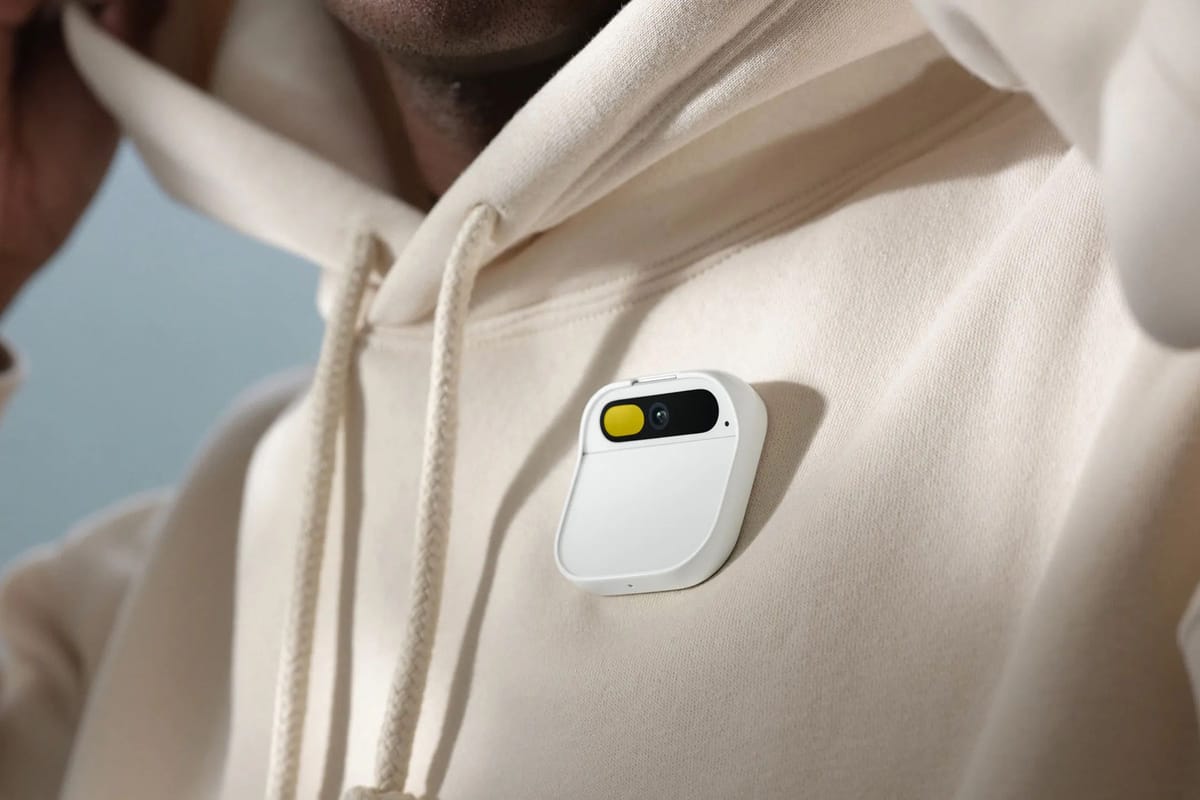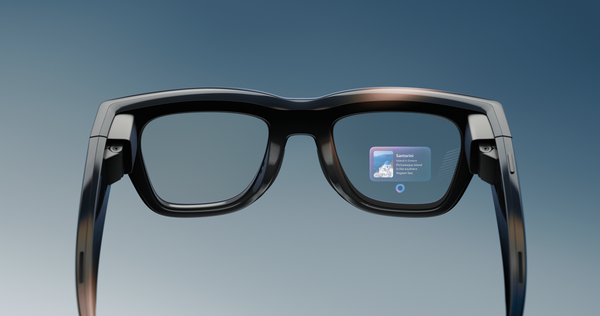Why Do the Humane AI Pin and Rabbit R1 Exist?

Things tend to come in pairs. The Illusionist and The Prestige were two films about magicians released within months of each other inviting inevitable comparison. This year we have the AIs-in-a-box with the Rabbit R1 and Humane AI Pin both dropping just weeks apart.
The search for the next platform has continued into this new form factor built on the recent explosion of generative AI. Both are small, distinctly not a phone, devices that let you chat to a large language model at any time. They include cameras that can take a look at the world around you and answer questions. They promise to be a replacement for the smartphone without all the pesky screen distractions.
But the reviews of both have been scathing. From strange hardware choices, like a projector on the Humane AI pin, to using a physical wheel for navigating the UI of a device that does include a touchscreen. The LLMs have also proven to be slow and prone to mistakes. Like the Vision Pro, another device that promised to be the next platform, what is the problem being solved here?
Why Not an App?

Smartphones have included assistants since Siri launched in 2011. They're capable of answering simple questions and performing basic on-device actions. LLMs have promised to supercharge their functionality but they're limited by the resources they require and the tendency to hallucinate.
Google has already begun testing replacing Google Assistant with its LLM Gemini and the results have been mixed. So what was the Humane AI pin and Rabbit R1 meant to offer differently?
Their decision to build a device suggests that it unlocks some use cases that smartphones can't serve.
Possible Use Cases
In the case of the Humane AI pin, being a wearable device that sees your POV seems noticeably different from a smartphone. Using a feature like Google Lens currently requires you to take your phone out and point at the object of interest. An always-available camera to analyze your environment speeds that process up.
It's an idea Meta is also exploring with the Ray-Ban Meta Smart Glasses. But adding a camera to your sunglasses feels like a more natural.
Why Not Just a Camera?
If that is the single unique use case offered by putting AI-in-a-box why not just extract that into an accessory? Imagine a pin that includes several cameras to have a wider view of the world around you. That data can then be accessed by the assistant already running on your phone.
All the unique functionality of the AI Pin and Rabbit R1 would be just as accessible and offered by a significantly cheaper accessory.
But that's not what these companies are after. It's not just about creating a useful product but finding the next device platform that will rival the smartphone revolution. It's the only explanation for creating these AIs-in-a-box. They could both have been either apps or smartphone accessories but instead, promise to replace your smartphone.
The smartwatch promised the same thing and eventually settled into being an accessory. The iPad too. That promise only comes from the need to have eventual multi-billion dollar valuations. A simple app or pinned camera isn't sexy. It's not a revolution.
The AI Platform

Many are hopeful AI will be the next platform. ChatGPT plugins were dubbed the next App Store upon launch. There's a strong desire in the industry to start a new revolution that allows existing companies to grow rapidly again and new startups to become tech giants. The PC birthed Microsoft and Apple. The internet gave rise to Google and Facebook. The smartphone took Apple to the next level and enabled Instagram and TikTok.
But it's been a bit quiet since then. Only incremental growth from smartphone accessories and new internet services. Nothing revolutionary. Maybe it'll be AI?
So we get a bunch of companies rushing to launch half-baked products that they hope can be the next platform. But the sad reality is that AI will likely be dominated by the existing platform creators. AI can supercharge existing features but it requires distribution and Microsoft, Google, and Apple will deploy every valuable use case of it on their platforms. They'll offer many of those use cases for free and kill any chance these AIs-in-a-box had.
The next platform may eventually be enabled by AI but it's not going to be something that immediately makes you ask why isn't it just an app.




